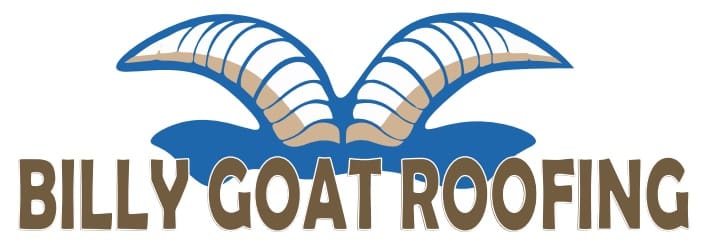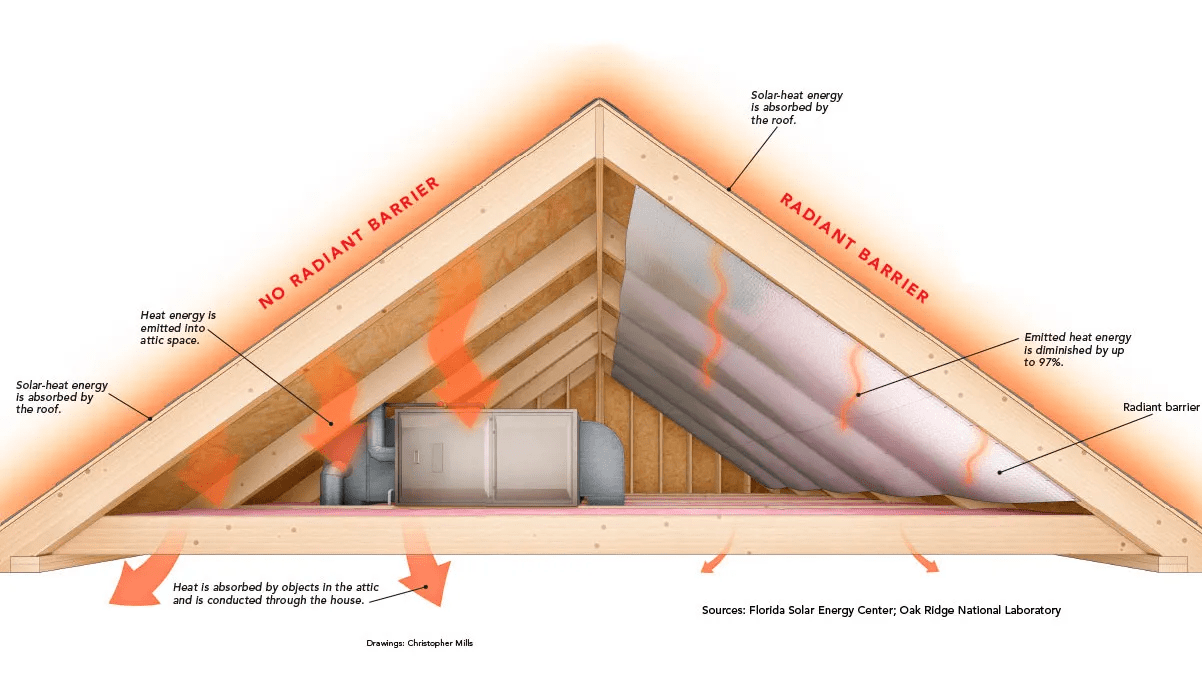Milwaukee, with its distinct climate featuring cold winters and humid summers, poses unique challenges to homeowners seeking optimal comfort and energy efficiency. One crucial aspect of home insulation often under scrutiny is roof insulation. In this comprehensive guide, we will delve into the considerations surrounding roof insulation in Milwaukee, exploring the benefits, potential drawbacks, and essential factors to help homeowners make informed decisions. From energy savings to climate control, understanding whether or not to insulate your roof is a key aspect of maintaining a comfortable and efficient home.
Understanding the Milwaukee Climate
Before delving into the roof insulation dilemma, it’s crucial to grasp the specifics of Milwaukee’s climate. The city experiences cold winters with temperatures frequently dropping below freezing, accompanied by heavy snowfall. Summers bring humidity and occasional thunderstorms. These climate characteristics significantly impact a home’s energy needs, making proper insulation a vital component of interior comfort and energy efficiency.
Benefits of Roof Insulation in Milwaukee
- Energy Efficiency and Cost Savings:
- Proper roof insulation acts as a thermal barrier, preventing heat loss during cold winters and heat gain during warm summers. This can lead to reduced energy consumption for heating and cooling, resulting in lower utility bills.
- In winter, insulation helps retain indoor heat, reducing the workload on heating systems. Conversely, in summer, insulation prevents excessive heat from penetrating the home, reducing the need for continuous air conditioning.
- Improved Comfort Year-Round:
- Insulating the roof contributes to consistent indoor temperatures throughout the year. This means a warmer and cozier home in winter and a cooler and more comfortable living space in summer.
- By minimizing temperature fluctuations, roof insulation creates a more stable indoor environment, enhancing overall comfort for homeowners and their families.
- Moisture Control:
- Insulation helps regulate moisture levels in the attic space, preventing the formation of condensation. Moisture control is crucial to avoiding issues like mold growth, wood rot, and damage to the roof structure.
- Maintaining a dry and well-ventilated attic through insulation can extend the lifespan of roofing materials and structural components.
- Environmental Impact:
- Energy-efficient homes contribute to a reduced carbon footprint. By lowering energy consumption, roof insulation aligns with eco-friendly practices, making it a sustainable choice for homeowners who prioritize environmental responsibility.
- Increased Property Value:
- An energy-efficient home, achieved through proper insulation, can enhance its market value. Potential buyers often prioritize properties with lower energy bills and a well-maintained thermal envelope.
Potential Drawbacks and Considerations
While the benefits of roof insulation are significant, it’s essential to consider potential drawbacks and specific factors that may influence the decision-making process:
- Upfront Cost:
- The initial investment in roof insulation, including materials and installation, can be a deterrent for some homeowners. However, it’s crucial to view this expense as a long-term investment that pays off through energy savings and increased comfort.
- Moisture Issues if Installed Incorrectly:
- Improper installation of roof insulation can lead to moisture-related problems, such as condensation and mold growth. It is essential to hire experienced professionals who understand the specific needs of Milwaukee’s climate to ensure proper installation and ventilation.
- Impact on Ventilation:
- In some cases, adding insulation may affect the existing ventilation system. Adequate attic ventilation is crucial to prevent moisture buildup and ensure the longevity of roofing materials. Any insulation project should take ventilation requirements into account.
- Roof Space Utilization:
- Insulating the roof may impact the available attic space, especially in homes with limited headroom. Homeowners considering roof insulation should assess how it may affect storage or potential future renovations in the attic.
- Appropriate Insulation Levels:
- Achieving the right insulation levels is crucial for optimal performance. Insulation that falls short of recommended levels may not deliver the expected energy savings and comfort improvements.
Factors Influencing the Decision
When determining whether to insulate your roof in Milwaukee, several key factors should guide your decision-making process:
- Climate-Specific Considerations:
- Milwaukee’s cold winters and humid summers necessitate insulation that addresses both heating and cooling needs. Consider materials and installation techniques that cater to the unique climate characteristics of the region.
- Energy Costs and Savings:
- Assess your current energy bills and calculate potential savings based on improved energy efficiency. Consider the payback period for the insulation investment and weigh it against long-term energy savings.
- Home Age and Condition:
- Older homes may have inadequate insulation or outdated materials. Assess the current state of insulation and whether an upgrade is necessary to enhance comfort and efficiency.
- Roofing Materials and Design:
- The type of roofing materials and the design of your roof can impact insulation choices. Certain roofing materials may have specific requirements for insulation, and the roof’s design can affect ventilation and space utilization.
- Local Building Codes:
- Familiarize yourself with local building codes and regulations related to insulation. Compliance with these codes is essential for the safety and legality of any insulation project.
- Professional Assessment:
- Consult with experienced roofing and insulation professionals to assess your specific needs. Professionals can conduct a thorough evaluation of your home and recommend the most suitable insulation solutions based on your requirements and budget.
Conclusion
In the quest for an energy-efficient and comfortable home in Milwaukee, the decision to insulate your roof is a significant consideration. The benefits, including energy savings, improved comfort, and environmental impact, make roof insulation a valuable investment for homeowners. However, potential drawbacks and specific considerations, such as upfront costs and ventilation requirements, should be weighed against the long-term advantages.
Ultimately, the choice to insulate your roof depends on a combination of climate-specific factors, individual preferences, and budget constraints. By carefully evaluating these considerations and seeking professional guidance, homeowners can make informed decisions that align with their goals for energy efficiency, comfort, and overall well-being. Whether facing the chill of winter or the heat of summer, a well-insulated roof can be the key to maintaining a cozy and cost-effective home in Milwaukee’s ever-changing climate

